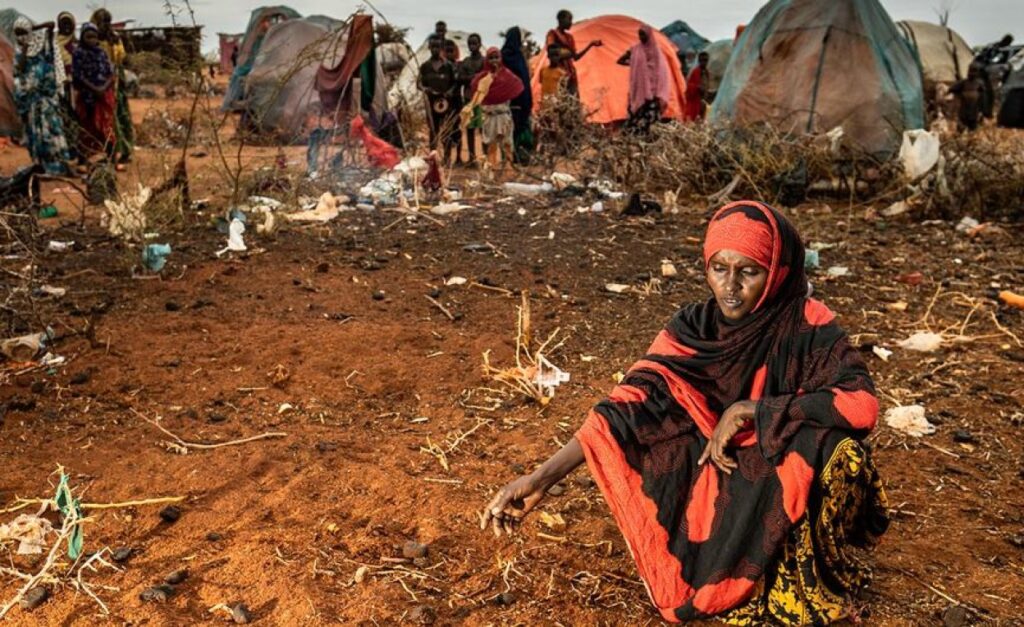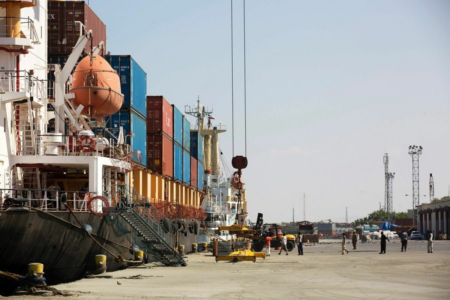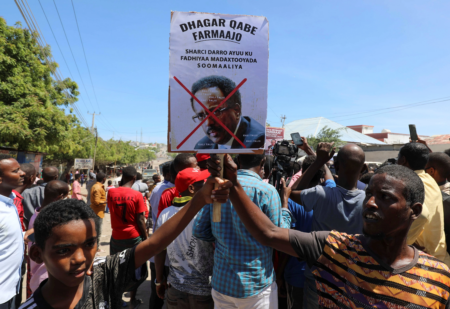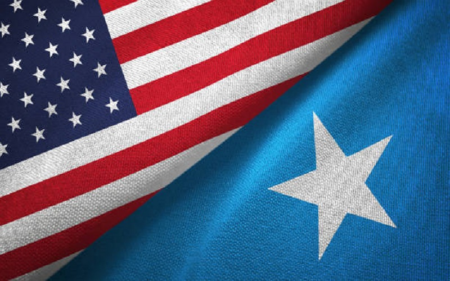The United Nations World Food Programme (WFP) has announced a severe reduction in food assistance to hundreds of thousands of Somalis starting next month.
Citing an unprecedented funding shortfall that threatens to worsen the country’s already dire hunger crisis.
Food Aid Cuts
According to the WFP, the number of Somalis receiving emergency food aid will plummet from 1.1 million in August to just 350,000 in November, a staggering 68% reduction.
The agency described the situation as “catastrophic,” warning that millions are at risk of slipping deeper into hunger and malnutrition.
Ross Smith, WFP’s Director of Emergency Response, expressed deep concern over the escalating crisis.
“We are witnessing a dangerous rise in emergency hunger levels, and our capacity to respond is shrinking by the day,” Smith said.
“Without immediate financial support, families who were already on the edge will be pushed into catastrophe.”
A Country on the Brink of Famine
Somalia remains one of the world’s most food-insecure nations.
The latest UN assessments show that 4.6 million people are facing severe hunger, including 1.8 million children expected to suffer from acute malnutrition this year.
Among them, 421,000 children are at risk of life-threatening severe malnutrition.
WFP currently has the resources to assist only 180,000 of these vulnerable children, highlighting the enormous gap between humanitarian needs and available funding.
The organization warned that without urgent financial support, the upcoming lean season could bring a sharp spike in hunger-related deaths.
The agency says it requires at least $98 million to sustain basic life-saving operations for approximately 800,000 people through March 2026.
Global Aid Cuts Deepen Somalia’s Crisis
This looming aid reduction comes amid widespread aid cuts, particularly from the United States and other major donors.
Many of which have scaled back foreign aid due to domestic and geopolitical challenges.
The WFP is not alone in its struggle—several other UN agencies have also been forced to scale back or suspend programs in parts of Africa where overlapping crises—drought, flooding, and conflict—have left millions in desperate need.
Somalia Communities on the Edge
In Somalia, the combined effects of climate change, prolonged conflict, and economic instability have left communities on the edge.
Repeated cycles of drought followed by devastating floods have destroyed crops, displaced families, and decimated livelihoods, especially in rural areas.
At the same time, Al-Qaeda-linked group Al-Shabaab continues to control significant portions of the countryside, obstructing humanitarian access and endangering civilians.
Fragile Recovery Now in Jeopardy
The UN Office for the Coordination of Humanitarian Affairs (OCHA) recently cautioned that Somalia’s fragile recovery from famine-level conditions in 2022 is “in serious jeopardy” due to the aid cuts and continued insecurity.
The WFP’s planned reduction in food assistance marks a troubling setback in Somalia’s ongoing battle against hunger.
Analysts warn that unless donor countries restore funding, years of humanitarian progress could be reversed, pushing hundreds of thousands of people toward starvation once again.
Building Resilience Amid Donor Fatigue
Experts say Somalia’s reliance on international food aid, though life-saving, cannot continue indefinitely without stronger investments in local resilience.
Including climate adaptation, sustainable agriculture, and security stabilization.
As donor fatigue grows and international attention shifts elsewhere, humanitarian agencies are urging renewed solidarity with Somalia.
They stress that timely intervention could prevent a worsening catastrophe and help communities rebuild their ability to withstand future shocks.
What Waits East Africa After Global Aid Cuts?
With the Horn of Africa still reeling from one of the harshest droughts in decades, Somalia’s unfolding food crisis serves as a sobering reminder of how fragile progress can be when global funding falters.
Without swift action, the coming months could see one of the worst hunger emergencies in East Africa’s recent history—a test not only of Somalia’s resilience but of the world’s moral responsibility to act.








